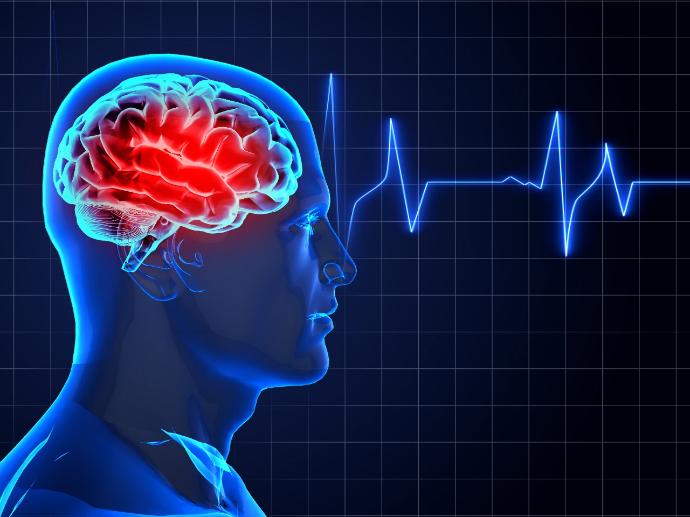Stroke Treatment

A stroke is the disruption of oxygenated blood to the brain. There are two main types of stroke, ischaemic and haemorrhagic, while there is a third more minor stroke called transient ischaemic attack (TIA). An ischaemic stroke can be caused by a blood clot that formed in the heart and travelled to the brain or by atherothrombosis. Haemorrhagic strokes, conversely are caused by a rupture in the blood vessels that causes bleeding within the brain. A TIA is a blood clot that temporarily interrupts blood flow in the brain and is a major risk factor for future strokes that could cause more serious damage.Blood tests-> You may have several blood tests, which tell your care team how fast your blood clots, whether your blood sugar is abnormally high or low, whether critical blood chemicals are out of balance.
Treatment for Ischemic Stroke
Ischemic strokes happen when a blood clot in an artery blocks the flow of blood and oxygen to a portion of the brain.With this type of stroke, the goal is to restore blood flow to the brain as quickly as possible.In most cases, medication is given at the hospital to help break up the clot and prevent the formation of new clots.
Tissue Plasminogen Activator (tPA, Alteplase) Alteplase or tPA is a thrombolytic medication, often referred to as a “clot buster,” which is the gold standard for treating ischemic stroke.This drug must be started within a few hours after stroke symptoms first appear. It will quickly break up or dissolve blood clots that are blocking blood flow to the brain.This type of medicine is given through a catheter or IV tube in the arm.
Treatment for Hemorrhagic Stroke
Emergency treatment of hemorrhagic stroke focuses on controlling your bleeding and reducing pressure in your brain. You might also need surgery to help reduce future risk.
Emergency measures-If you take warfarin (Coumadin, Jantoven) or anti-platelet drugs such as clopidogrel (Plavix) to prevent blood clots, you may be given drugs or transfusions of blood products to counteract the blood thinners’ effects. You may also be given drugs to lower pressure in your brain (intracranial pressure), lower your blood pressure, prevent vasospasm or prevent seizures.

